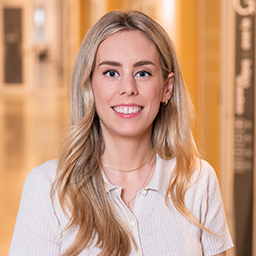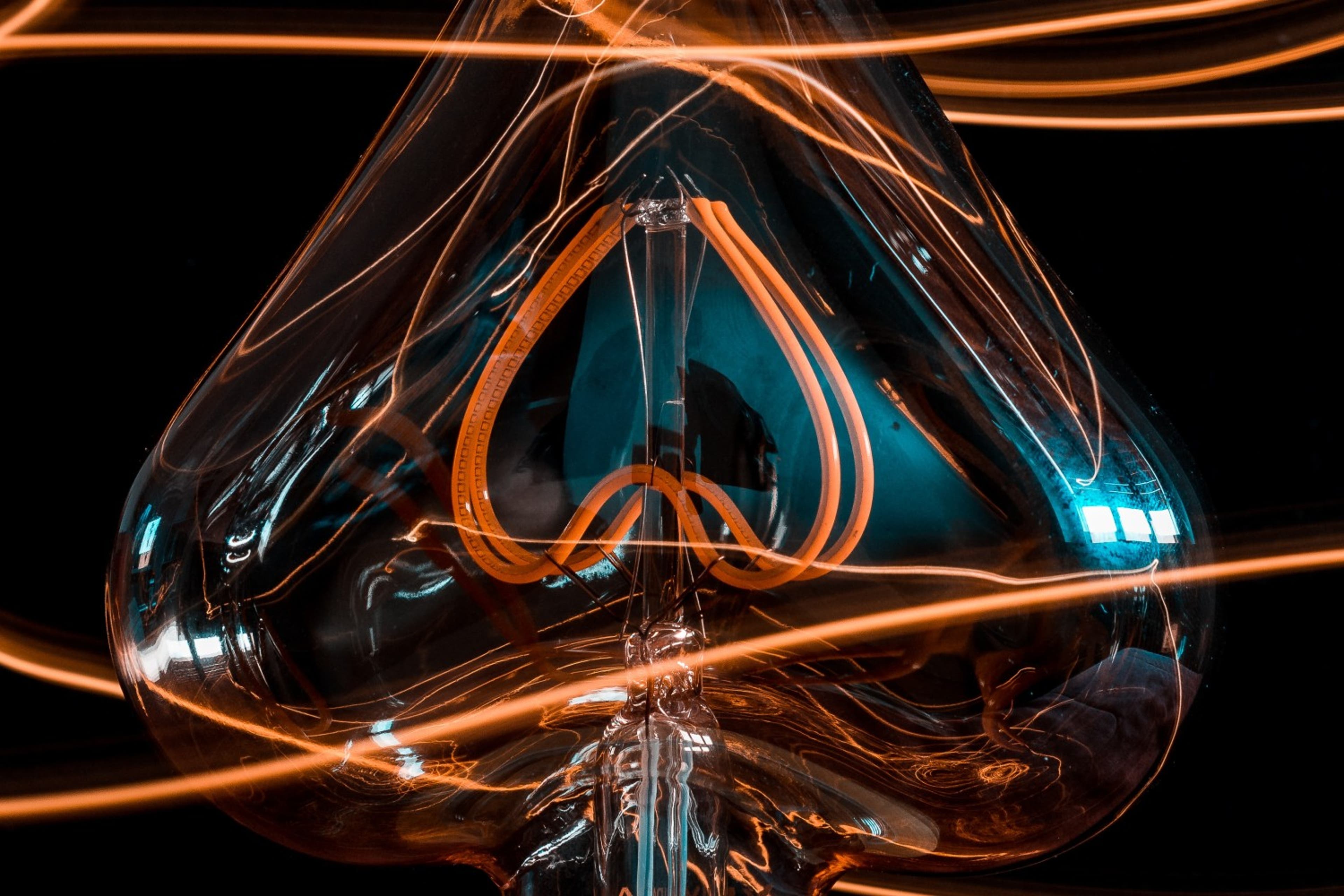Editor's Note:
The IAPP's profiles series features a monthly conversation with a notable professional to discuss their career journey, challenges and lessons learned along the way, and more.
As technological advances and uses of artificial intelligence have skyrocketed, there has been speculation the burgeoning technology will be bigger than the advent of the iPhone, the internet or even electricity.

The release of generative AI platform ChatGPT and similar models to the public in recent months had a "major" impact, she said, bringing interest in and awareness around AI to "another level."
"I think everyone is kind of saying, this is really happening. It's not some distant thing. It's happening now," said Gauthier, who is also a member of the IAPP AI Governance Center Advisory Board.
At Mila, one of three AI research institutes in Canada, Gauthier said "fundamental and applied research" is conducted around the technology, and the scientific advancement of AI and its "ethical and responsible development" is a priority. Projects currently underway involve socially beneficial uses of AI, such as to combat climate change or human trafficking.
"The humanitarian application has always been a part of our DNA from the start, which is really great. I think now it's exacerbated because of everything, and all the discourse that's going on, and we're like, ok, here's this great technology, but now we want to use it for good," Gauthier said.
Mila was founded in 2018 and Gauthier joined soon after as senior legal counsel, coming from litigation and corporate law at a large Canadian law firm.
While AI technology itself was not new, Gauthier said it was new to her and there was not as much public awareness, knowledge or interest in it as there is today. She brought a well-rounded legal background to the role at Mila, as the company sought counsel to "build the legal function of the institute," and she educated herself on AI by developing relationships with peers in the field and research around it.
"It was really exciting to think of being able to practice law in a different way and in a field that was kind of completely new. The technology has existed for a while, but a lawyer working on AI? That was not really a thing," Gauthier said. "Now, four years later, I can say I've got a good grasp on these things, but it's ever evolving. There's always something new on the technology side to keep up on, but now there's also, in the past year especially, a lot of things that are ever evolving on the regulatory legal side. Things are changing every day. That's also what makes it exciting."
While she gravitates towards keeping pace with legal and policy developments around AI, Gauthier said she also stays apprised of technological and regulatory advancements happening around the world.
For the legal team, Gauthier said a lot of necessary work is being done around Mila's employees, researchers, affiliated universities, and federal and provincial governments that provide funding to achieve its mission. She said the team also works hand-in-hand with technology team members not to only negotiate legal aspects like contracts, but also to understand projects and guide them throughout the process.
"When we have projects, or companies that approach us for certain projects, we will obviously do all the due diligence but we're also thinking about the project with an eye towards ethical AI, or responsible AI, and we're able to say, 'Okay, let's check this data set. Let's make sure we're not using something that can potentially cause bias.' And we figure out how to work around that," she said.
As a member of the IAPP AI Governance Board, Gauthier is a part of creating the IAPP's professional certifications and training in AI governance. She said these will be needed "for sure."
"I've been saying for a while that AI governance will be the new privacy. That's the direction that we're going in," Gauthier said.
For anyone interested in "dipping their toes" into the AI space, Gauthier said "it goes back to taking an interest in the technology itself," recommending connecting with professionals in the field and turning to available resources.
"I think there's this notion that we need absolute experts at everything. You can learn if you're really interested in the topic. There's going to be a need for people with legal, compliance, business backgrounds. If you're interested in the field, don't be too intimidated. Be willing to do the work and be interested in the technology," she said.
"There's a lot happening, especially in these times. Things are moving really, really fast."
